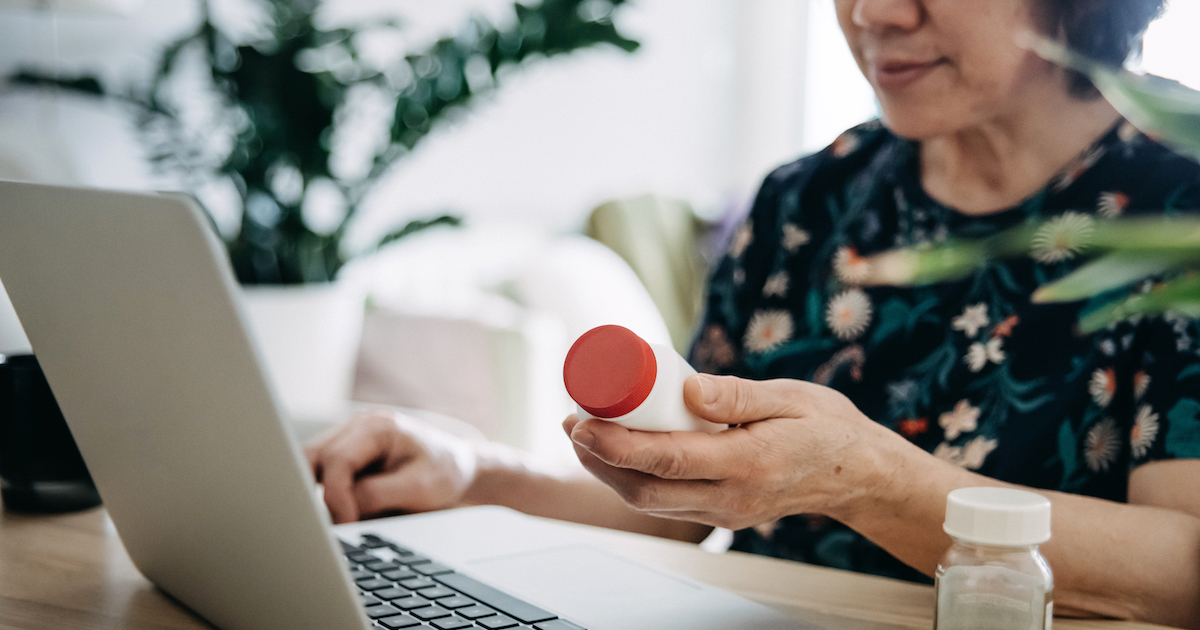News broke earlier this week that Scripps Translational Science Institute’s Wired For Health study showed the digital health monitoring used in the randomized control trial of 160 patients had no impact on outcomes or the cost of care during the first six months. The results were met with a mix of reactions from people working in healthcare who shared their thoughts on Twitter.
Some chalked it up to it still being the early days of digital health, others pointed to the duration of the study -- just six months -- as not being long enough to show the program's true impact. A few wondered if the trial should have been conducted a different way.
Others claimed not to be surprised in the slightest.
Read on for Twitter reactions to MobiHealthNews' coverage of the Scripps Wired for Health study results:
Research phase “@ahier: @EricTopol Wired for Health study results- little benefit from #DigitalHealth monitoring https://t.co/eyeilXixBf"
— Farzad Mostashari (@Farzad_MD) January 20, 2016
Interesting-many studies have shown monitoring 2 B highly effective so it may be function of the wraparound services https://t.co/flkRfffLXV
— Lisa Suennen (@VentureValkyrie) January 20, 2016
Good: Publication of negative results. Bad: health apps have yet to live up to their hype https://t.co/YZkYqUxV5H #mHealth @mobilehealth
— Katie Menzies (@MenziesK) January 20, 2016
"It was a bit disappointing, but remember, this was the first multisensor trial that’s ever been reported, so in tha…https://t.co/zFmdtTkBTQ
— MACHC (@MidAmHealth) January 20, 2016
Ouch. @ScrippsHealth study shows no benefit from digital health monitoring https://t.co/gRRpZZpxfA #mhealth #healthcare
— Joel Selanikio (@jselanikio) January 20, 2016
I've seen it work, curious: Scripps study hints at no clinical or economic benefit from #digitalhealth monitoring https://t.co/LPGjej4cCs
— Stephen Hoelper (@Dig_eHealth) January 20, 2016
https://t.co/MnCxaknHEv Promising to see benefit of self awareness;Need single passive device monitoring to increase success #IoT #health
— Steven Angersbach (@bsangersbach) January 20, 2016
Only a 6mo study? "Scripps study results show no clinical or economic benefit from #digitalhealth monitoring" https://t.co/BvTdkWoWES
— Sean Lorenz (@seanlorenz) January 20, 2016
Depends on device,disease state & health-economic metrics.Don't extrapolate too much;warrants follow up https://t.co/22HiyNRiCg
— Irv Loh (@irvloh) January 20, 2016
@RasuShrestha @SusannahFox @ekivemark Have you seen this? Scripps shows no benefit from #digitalhealth monitoring https://t.co/gh3qxYW8zq
— Michael Mittelman (@mike_mitt) January 20, 2016
Question is whether an RCT is the best design here? https://t.co/Ud6GnmZyqm
— Maroeska Rovers (@MaroeskaRovers) January 20, 2016
Home monitoring & #telemedicine continue to distract the industry from exponential change-time 4 #AI & self triage! https://t.co/BmnvEdoEtD
— Alex Lowenthal (@Alex_inPDX) January 20, 2016
No surprise >Scripps Wired for Health study results show no benefit from digital health monitoring https://t.co/kZYMEUBVUU
— Larry Husten (@cardiobrief) January 20, 2016
Well this was obvious. Wake me up when implantables are in vogue. https://t.co/PeQk2F9rrw
— Elie Balesh, M.D. (@ElieBalesh) January 20, 2016


